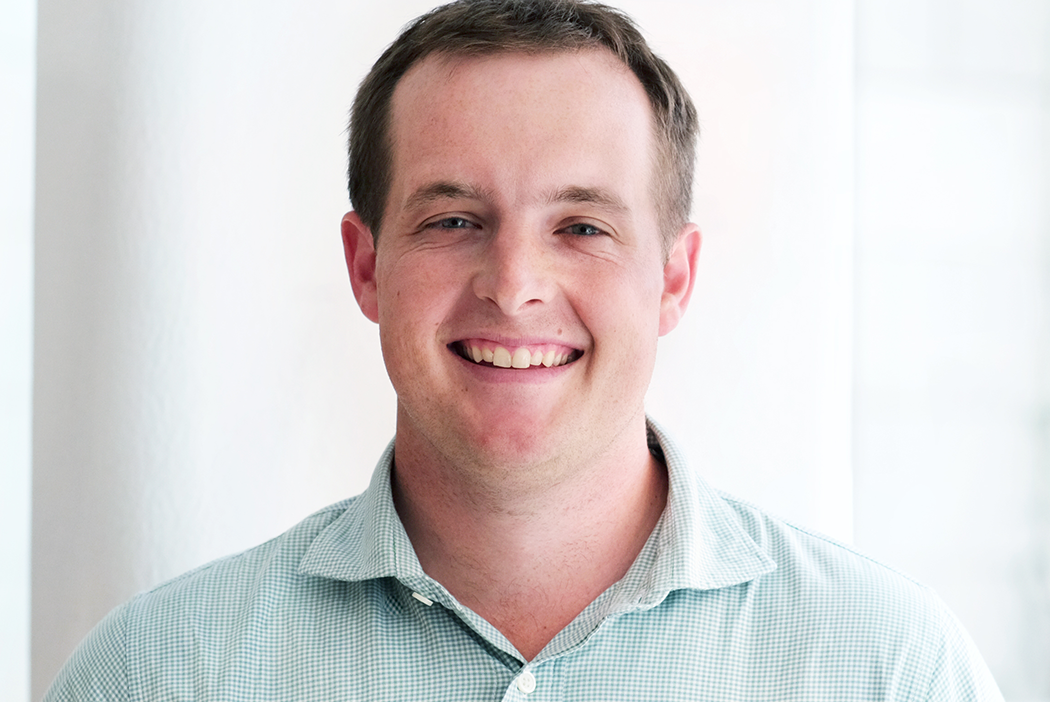Cloud Atlas
It’s called “the cloud,” but it is not the fluffy white thingees drifting overhead. It promises to revolutionize cancer care. By, of all things, sharing data.
“In cancer, only about 4% of patients go on a clinical trial, but that data is not ever really leveraged. The FDA (U.S. Food and Drug Administration) certainly doesn’t see it, most pharma doesn’t see it, no cancer centers are leveraging it. They are largely just collecting dust in a server somewhere,” explains Nat Turner, CEO of Flatiron Health. “I have cancer patients in my family; the assumption was their data was being used for a greater purpose and, conversely, that they could see the experience of another patient. But that turned out not to be the case.”
One would think that “sharing is caring” is already the order of the day in health circles, but that is not necessarily the case considering how big and byzantine the medical field is. It is the general rule of thumb that a drug trial result is disseminated only among those involved. Moreover, different health institutions work with different data systems, many of which are not compatible—and were never designed to be. The end result is that, cumulatively speaking, data is unstructured, hard to export and difficult to leverage. Flatiron works to clear this murk by harnessing the Next Big Thing in tech: The cloud.
“And we focus it on cancer,” says Turner. “It’s the intersection of healthcare and technology.”
Even if you have never heard of it, chances are that if you have used a computer, you have had at least a brush with it. The cloud refers to software, files and other e-services stored and accessed not locally on a personal computer (which would bog down almost instantly from a too-heavy data load), but on the Internet itself via servers across the country and perhaps even the world, and accessed through browsers like Google Chrome. Several companies, including Netflix and DropBox, already operate almost entirely via the cloud. Data is transmitted almost immediately, and the entire system is remarkably flexible.
Working with cancer centers, life science companies, and regulators, Turner and his team created a two-pronged approach. For community practices, there is the OncoCloud Suite, a common technology platform for all three to share, compare and contrast results. An integrated suite of applications with electronic health records, OncoCloud includes additional applications around it such as analytics practice management, clinical trial management, revenue cycle management, patient portals and value-based care. They are all integrated, so a patient in one is the same as the patient in the next, and a user can toggle back and forth between as an individual and as a practice. It is all cloud-based, accessible through a browser.
For academic centers and pharmaceutical companies, there is the Outcomes Database, where users can work on top of standing electronic health records platforms like Cerner. The information gathered is then leveraged for better care at the highest echelons across the board. Doctors, researchers and whole businesses can be made aware of work being done, the successes made, and failures noted.
“You can see treatment patterns of physicians across the country for patients,” Turner says. “If you want to see how small-cell lung cancer is being treated, you can log in and see that treatment pattern and drill down in the specific drugs and outcomes.”
Ultimately, it is about getting every datum gathered, no matter how seemingly insignificant it may be at the time, into a place where a maximum amount of eyes can see it. That way, a fuller picture is created, and doctors and patients can make better decisions.
Turner continues: “We have a huge interest in opening up data for cancer centers, pharma companies and regulators to use it today, just as we have a huge interest in opening up the access so that patients directly can leverage it.”
It’s a brave, new world… Indeed, it is: Flatiron Health was recently purchased by Roche for nearly $2 billion! The marker seems poised to be addressing a tremendously important unmet need.
Keep up with the latest in cancer research
References:
NFCR thanks Mr. Turner for his Spring 2018 interview












